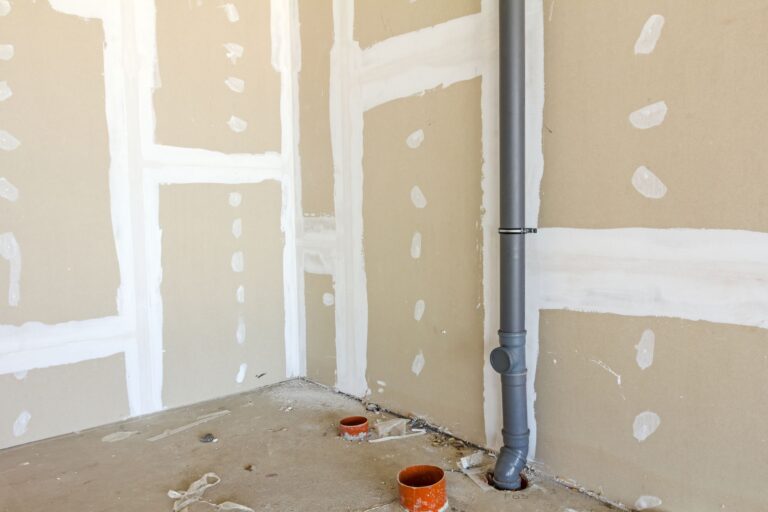Homes once upon a time were designed with a place for everything and doors separating every one....
Blog
There comes a time in life when your house must serve purposes beyond appearances. It must work...
Electricity is the quiet lifeline of modern homes. It powers everything from your morning coffee to your...
Not all threats to your home announce themselves with a bang. Some creep in quietly—through the basement,...
A tropical bedroom design is a great way to make a room feel fresh, open, and like...
Perfect balance of leisure, utility, and good looks, beach home design creates a quiet refuge capturing the...
Beach resorts have grown in popularity recently as more people search for the ideal blend of relaxation...







